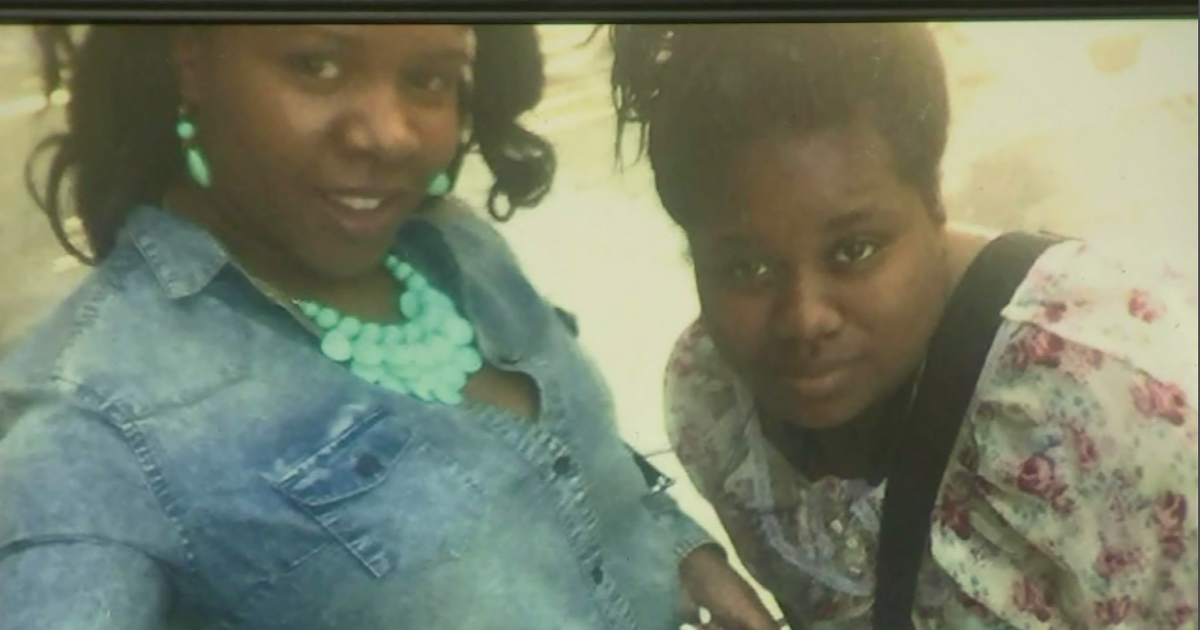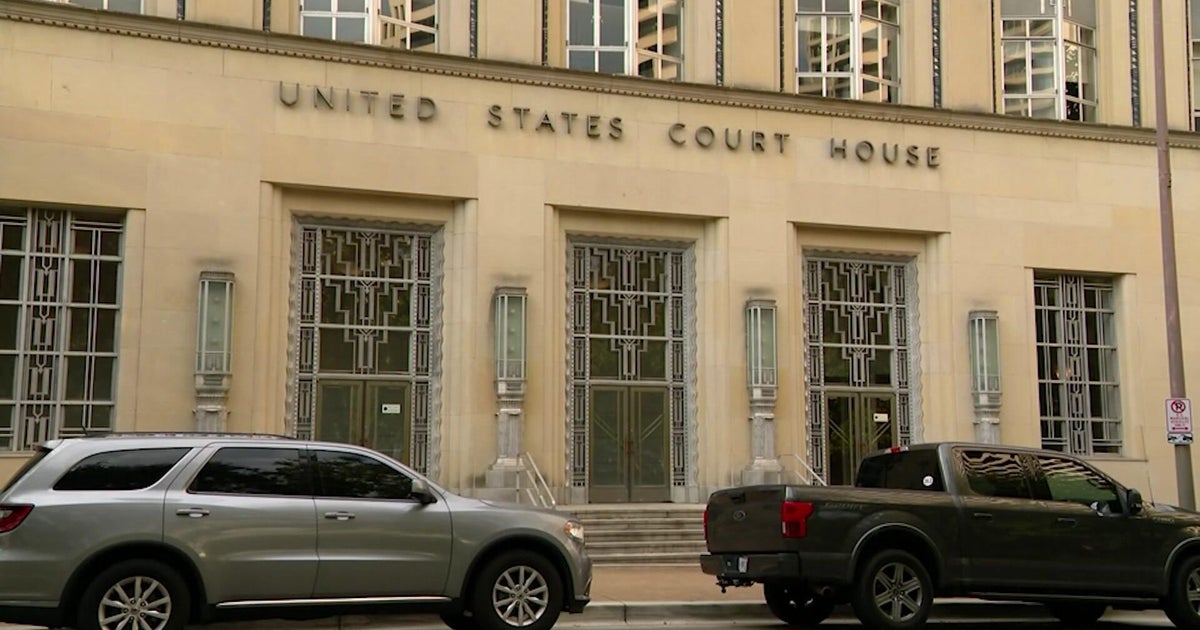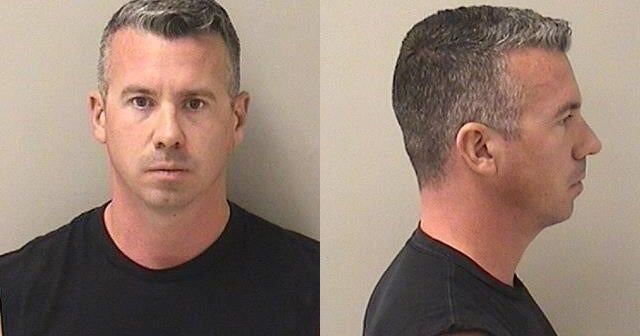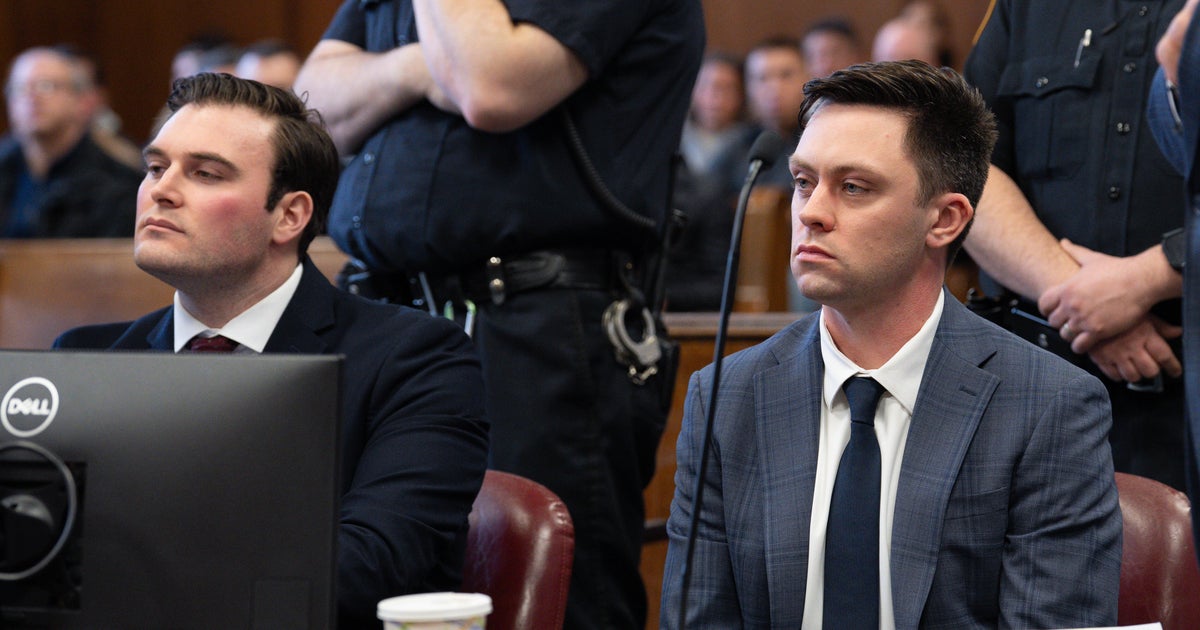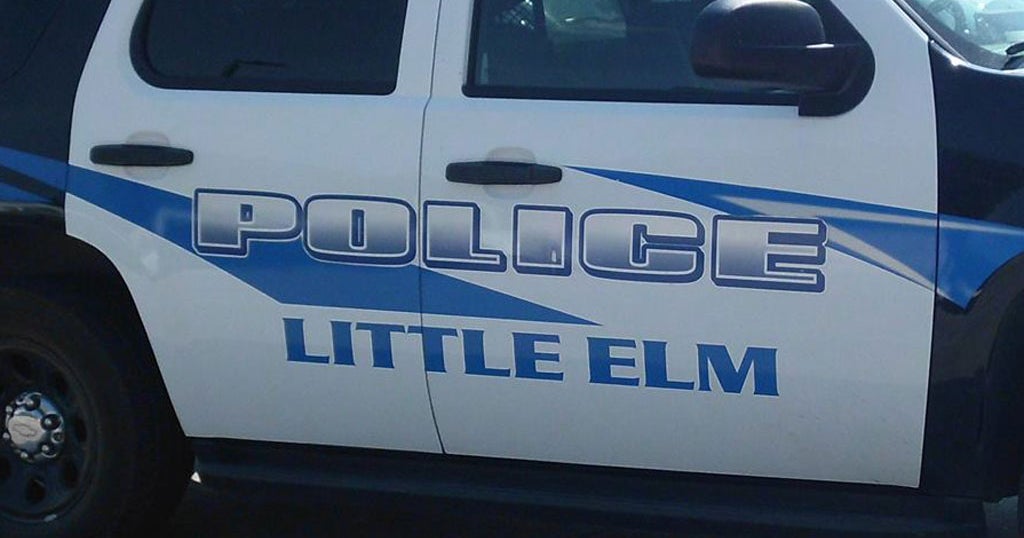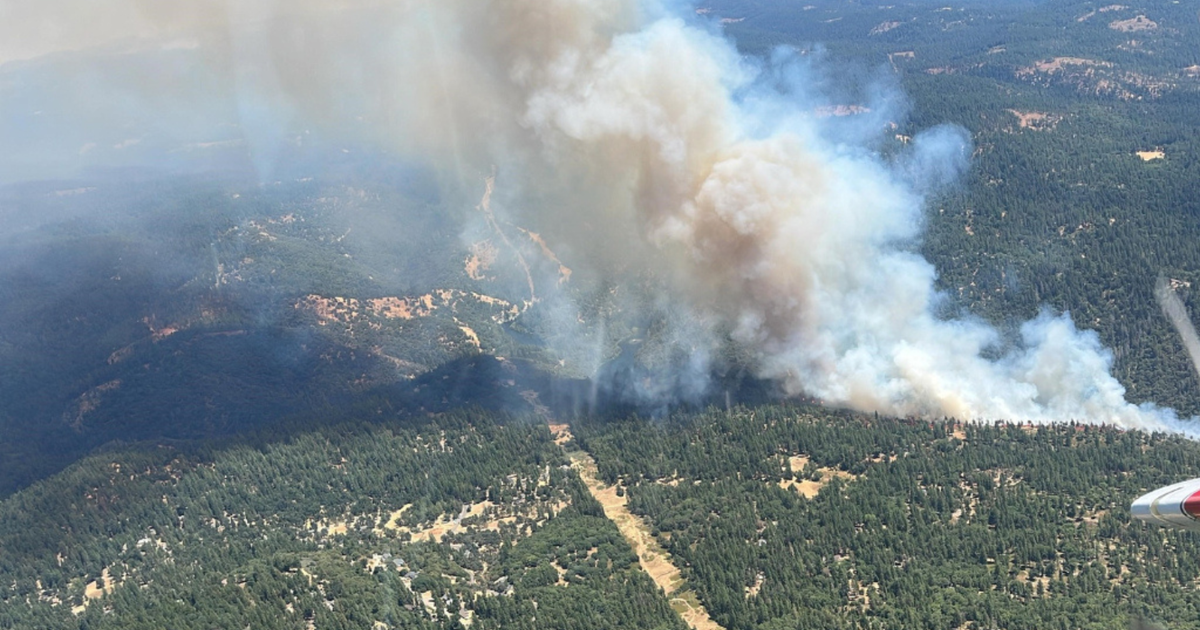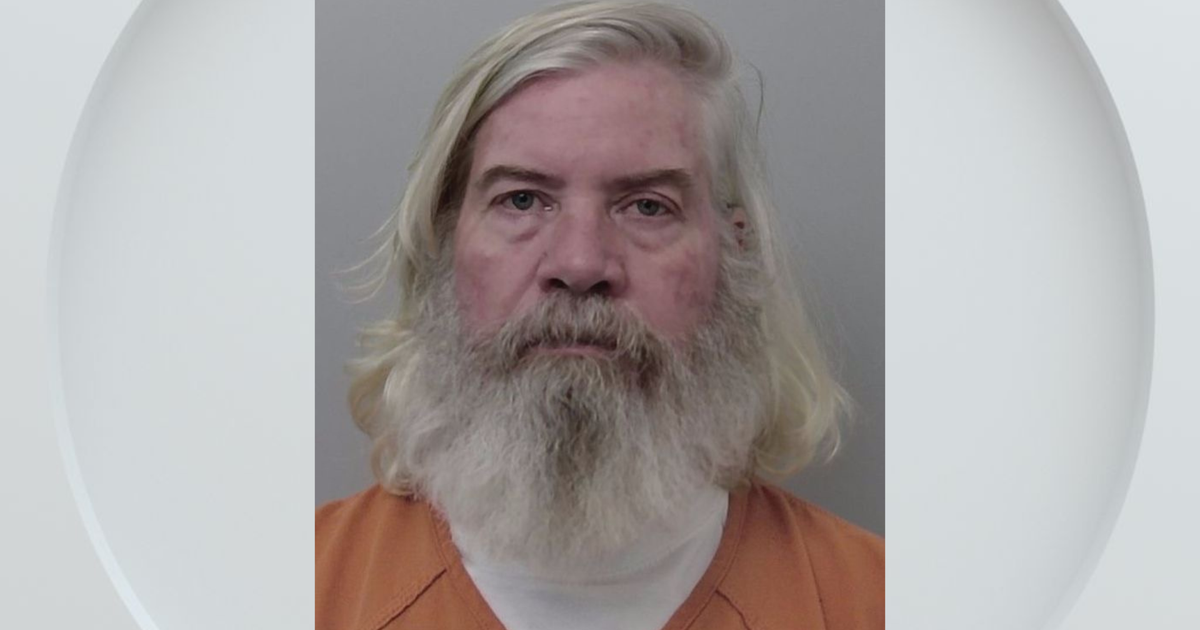Man Charged With Helping Plan Garland Attack Wants Evidence Tossed
Follow CBSDFW.COM: Facebook | Twitter
PHOENIX (CBSDFW.COM/AP) — An Arizona man accused of helping plan an attack on a Prophet Muhammad cartoon contest in Garland asked a judge to stop prosecutors from using al-Qaida promotional materials found in his possession as evidence at his trial.
Abdul Malik Abdul Kareem made the request Monday involving videos and other files discovered on his laptop and an attached flash drive during a 2012 search of his Phoenix apartment.
Authorities say the files include editions of an online publication produced by al-Qaida and a treatise on using weapons of mass destruction against infidels.
Defense attorney Daniel Maynard said officers illegally took the files during a court-approved search of his client's apartment in an unrelated forgery investigation involving his roommate.
Maynard said officers didn't have permission to search for evidence of other crimes and alleged that the true intent of the search was to get computers in the apartment in a bid to seek out terrorism-related evidence.
A ruling has yet to be made on the request to bar the evidence. The U.S. Attorney's Office and FBI declined to comment on the filing.
One of Abdul Kareem's roommates at the time was Elton Simpson, one of two men killed in a May 3 shootout with police outside the cartoon contest in Garland, Texas.
Authorities say the 43-year-old Abdul Kareem provided the guns that Simpson and Nadir Soofi used in the attack. They also say Abdul Kareem hosted the two gunmen in his home beginning in January.
They also say Abdul Kareem had aspirations to join the Islamic State terrorist organization and attack the 2015 Super Bowl in suburban Phoenix.
He has pleaded not guilty to conspiracy, making false statements to investigators and other charges.
It isn't the first time Abdul Kareem has asked a judge to throw out evidence.
Late last month, he urged a judge to bar evidence from his interview with investigators two days after the Texas attack. His lawyer raised questions about whether his client voluntarily spoke with investigators.
Prosecutors have said that Abdul Kareem wasn't coerced into speaking with investigators. A judge hasn't yet ruled on that request.
Maynard said the FBI had Simpson under surveillance for five years and paid an informant $132,000 to record countless conversations with him. The defense lawyer cited 2010 testimony from an FBI agent who said investigators feared that Simpson was part of an effort to set up a terrorist cell in Arizona.
Simpson was convicted of making a false statement by lying to an FBI agent about whether he had discussed traveling to Somalia.
(©2015 CBS Local Media, a division of CBS Radio Inc. All Rights Reserved. This material may not be published, broadcast, rewritten, or redistributed. The Associated Press contributed to this report.)
